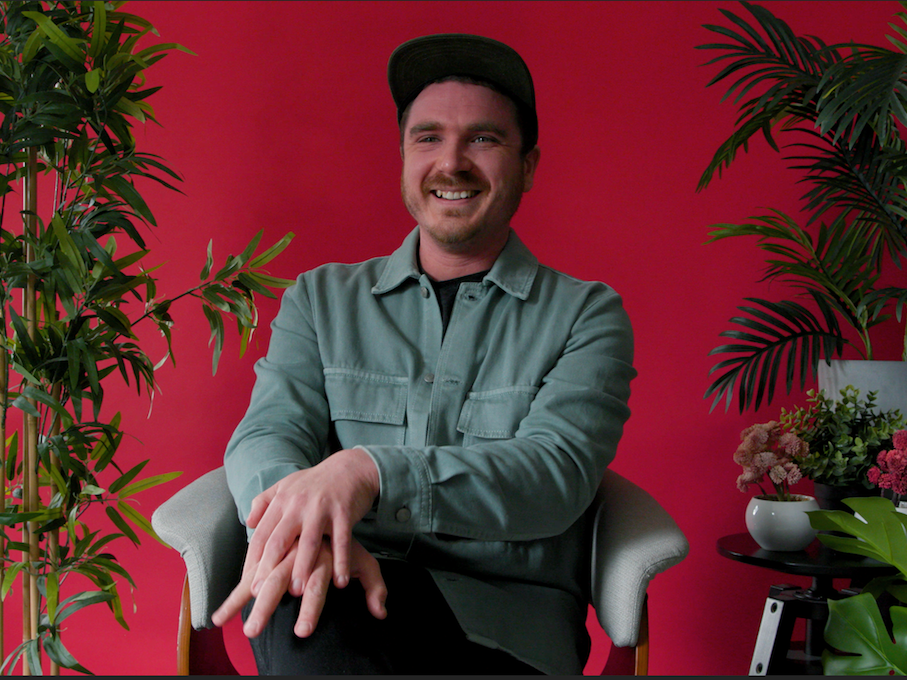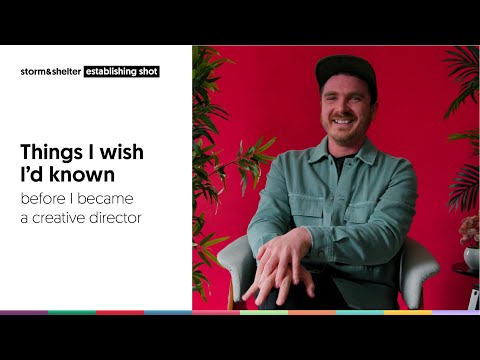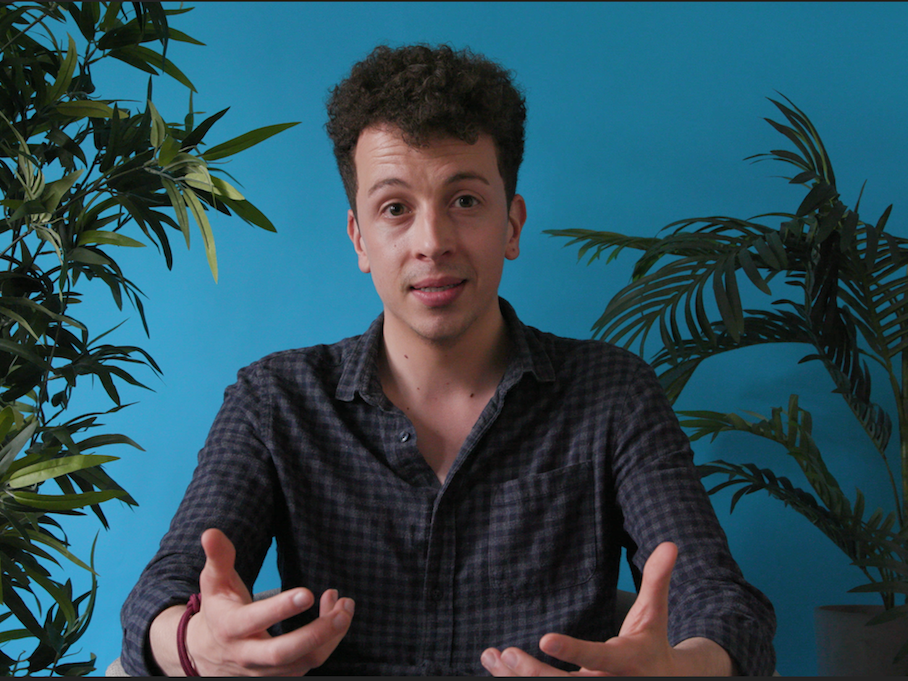Things I wish I'd known before becoming a creative director


All right, you scallywags! I’m Josh Bennett I’m the creative director of Storm & Shelter and these are some things that I wish I knew when I started.

You set the tone on set
When you step on set as a director, you’ve got to be aware that the way you are and the way you act resonates with people and radiates into that room.
If you’re anything but relaxed or in a good mood, everyone can pick up on that so if you want a happy and relaxed set, you have to be that — you’re that barometer.
When I started out I had this vision that I need to be this super serious director, but I realised that you can still have fun and do the job.
I want people to be as excited about filmmaking as I am, so I make sure to bring that energy to the set every time.
You don't have to be a lone wolf
One of the toughest things is letting somebody in on your baby and you need to learn to hand over control and trust that people can achieve what you’re dreaming of and that you don’t need to do it yourself.
If you can brief properly, then there is nothing stopping someone from executing your vision, so get into the habit of being able to communicate your ideas clearly and in a way that other people will be able to understand.
If you’re keeping your hands on everything, then you’re not actually doing your job as a director properly because you’re diluting your attention and focusing on the things that you shouldn’t.
Build that crew. Trust them to do their job. Then you can focus on yours.
Learning to make good decisions quickly
So my understanding of what an on-set director and a creative director was changed when I heard that, the job is to literally just make decisions.
Making decisions is scary. It can be quite terrifying on the spot and everyone is looking to you for the answers.
But if you surround yourself with the right kind of people, they can help inform your decisions and ultimately you can make better ones.
Know where and when to use artistic language.
It’s about being accessible, and you need to be able to break down your idea so that anyone can understand it.
Don’t get me wrong, it’s fun to use big words and floral language. It feels good when you can walk into a room and seduce with words. But to be honest, sometimes a lot of the work just goes to Janice in marketing, and maybe she doesn’t really know what cinema verité is.
A great way of getting into the habit of doing this is to take your ideas of what you’ve written, be a pitch, a script, whatever, and take that to somebody who doesn’t really know too much about film and be like, ‘Does this make sense?’.
And if they’re like ‘I haven’t got a clue what you’re on about’. Maybe it’s time to rewrite.
Giving 100% all the time is unrealistic.
Not giving 100% is not saying don’t care. To kind of say like, Oh, don’t give everything. It’s, it’s, it’s kind of tough because I’m like, Oh, I want to. Course I want to.
I want to make the best thing I can for everyone. It’s about knowing sort of when a job is for the meals and when it’s for the reels is knowing when to hold back just a little bit so that you’ve got that little pocket of energy that can put on the thrusters, go into that next gig and really give yourself that extra sort of bump when you what you want to be working on a project or an idea that really fulfils you creatively or pushes you in a direction that you want to be going.
So yeah, those have been some things, and I have been me. Until next time!
